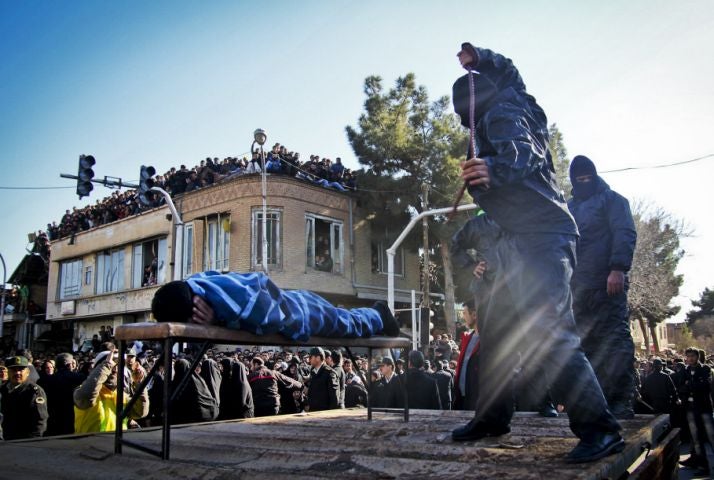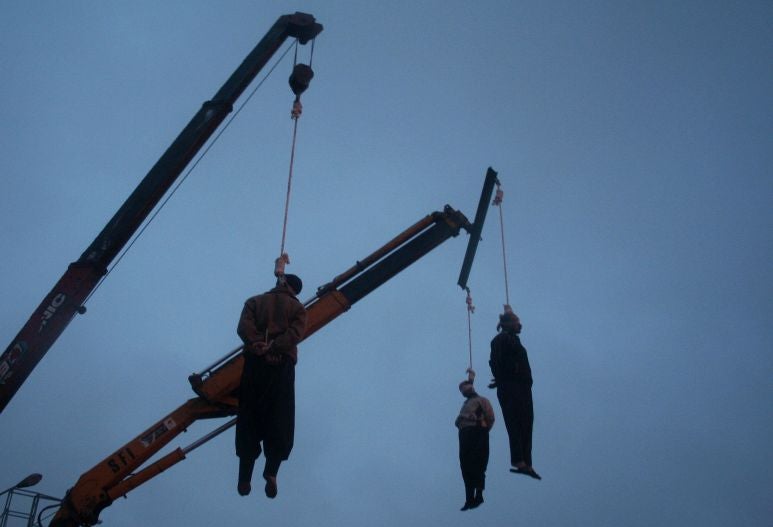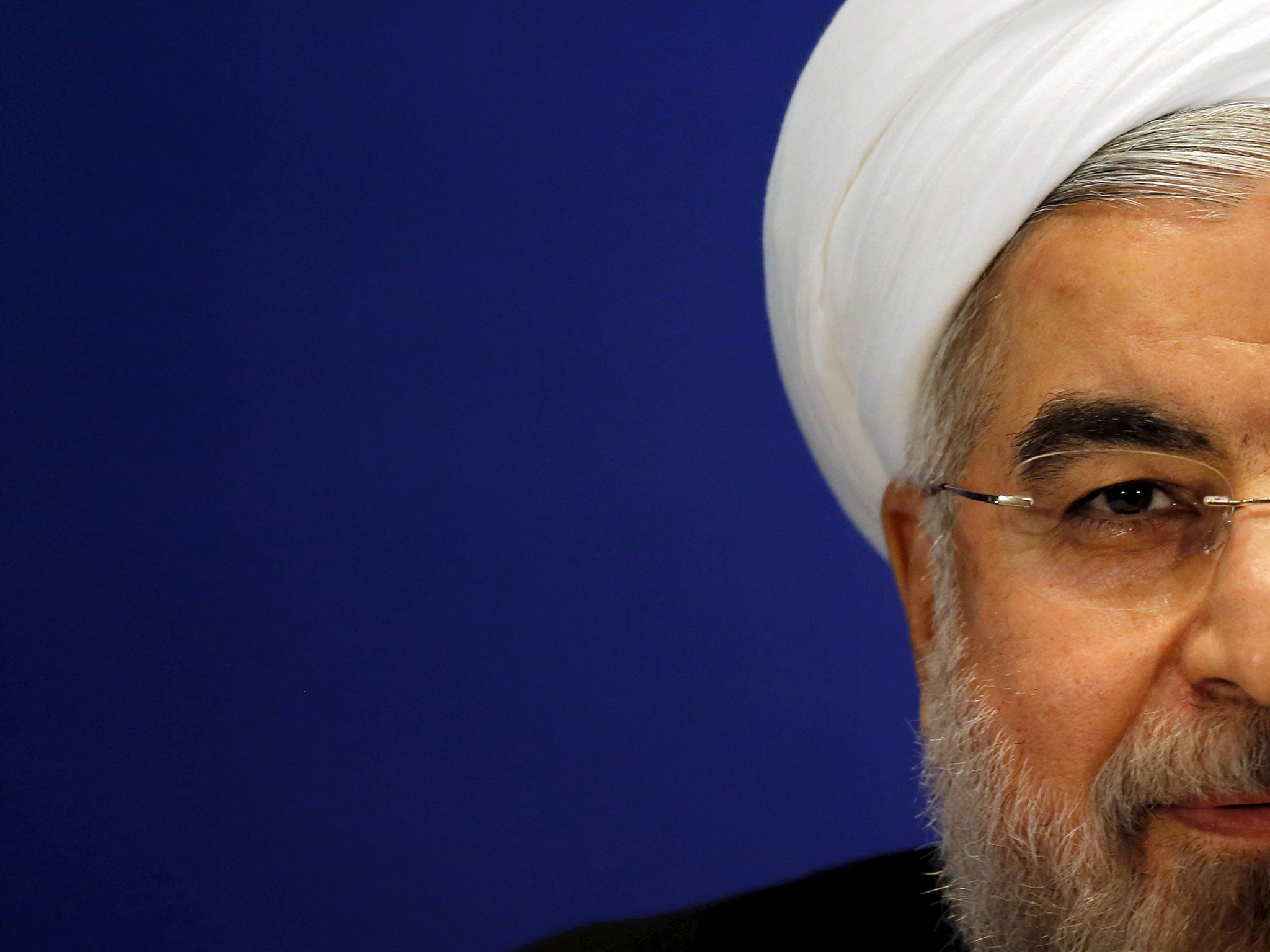Iran – the land where some 700 souls were executed last year
It's not surprising that hanging and beheading have become a grim feature of 'justice' in the Muslim world


The gallows stain Iran far more than the centrifuge. You can negotiate over a nuclear facility. You can’t reboot death. I’ve argued about this with an Iranian ambassador who is – or was – a friend of mine. How can Iran hang a woman when the world pleads for her life? Was it not for God to make decisions over life or death? There had to be temporal judgments, I was told. There had to be law. The laws of Islam, of course.
I once even raised this question with Mahmoud Ahmadinejad, Iran’s demented then President, just after his re-election. In 2009, Delara Darabi – who was only 23 – was dragged to the gallows, screaming to her mother on her mobile phone: “Oh mother, I can see the hangman’s nose in front of me. They are going to execute me. Please save me.” Delara had falsely confessed to killing her father’s cousin to save her boyfriend from the hangman. As the poor girl was strung up, her male executioner grabbed her phone and sneered to her mother that nothing could save her daughter now. Could Ahmadinejad promise that this atrocity would never happen again, I asked the crackpot leader of Iran?

Some hope. He was against capital punishment, he said. But the Iranian judiciary was “independent” of the government. “I do not want to kill even an ant,” he announced to me. He did nothing, of course. And so almost 700 human beings have been dragged to the gibbet so far this year. Most, to be sure, are drug dealers. But their trials are shambolic and the executions contaminate the Islamic Republic as surely as they besmirch the authority of Hassan Rouhani, the man we are now enjoined to trust after the Tehran-Washington nuclear agreement.
The judicial system in Iran, however, is supposed to protect the regime. Thus it could hang the poet and Arab Iranian activist Hashem Shaabani just after Rouhani was elected President. And so it’s easy for the same judicial system to deal with the frightening rise in drug dealing and drug-related crime – which should not exist in an Islamic Republic – by executing drug dealers by the dozen. Can we object?

Well, there was a time – when it was politically expedient to do so – when the Americans themselves chided Iran for allowing drugs to flow through its borders to the West. And the Muslim world is scarcely going to complain. Saudi Arabia, much as it may fear and loathe Iran, chops off the heads of drug carriers or dealers with abandon.
The Saudis, who allowed their executioners to slice off the head of a Bangladeshi woman who was screaming her innocence of a murder conviction, are in no position to lecture the Iranians on their judicial crimes. Didn’t Isis take its Wahabi punishments from the same fount of Salafist wisdom as the Saudis?
I suppose we can be grateful that Iran has not regressed to the political bloodbath of 1988, when 4,000 of its state enemies were mass-hanged on gallows on the orders of Ayatollah Khomeini. But it’s not surprising that hanging and beheading have become a grim feature of “justice” in the Muslim world. As opposed to our own Western humanity, of course: we can kill thousands without a trial – and then claim our innocence because the damage to their shredded bodies is merely “collateral”.